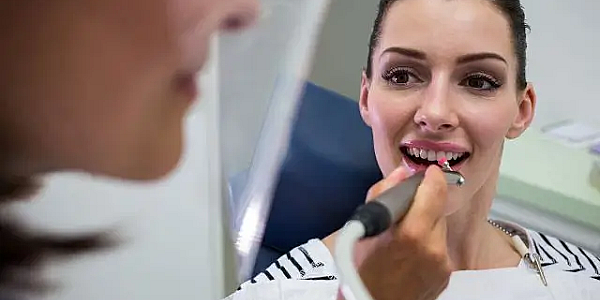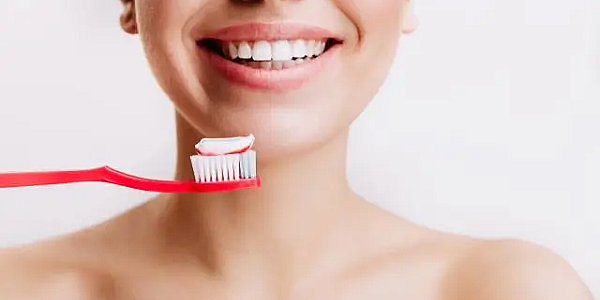Best Practices for Healthy Oral Hygiene and How to Implement Them into Your Daily Routine
A bright and healthy smile is a direct indicator of proper oral hygiene. Therefore, to have healthy teeth, we must always take care of our dental and gum health. Otherwise, hundreds of bacteria and millions of microorganisms can develop in the oral cavity, which can later cause tooth sensitivity and even tooth decay. To prevent the most common tooth-related problems and have healthy teeth, it is recommended that we follow some extremely important tips.
- Brush your teeth every day The best advice you can follow to improve your dental hygiene and oral health is to brush your teeth daily, at least twice a day. Generally, dental brushing is recommended after every meal, but if you do not have this possibility, it is good to do it at least twice a day. Also, do not forget to brush your teeth especially at night, before going to bed, as bacteria can develop in the oral cavity overnight.
- Opt for an electric toothbrush Unlike the manual toothbrush we are all familiar with, electric toothbrushes offer many more advantages. First, they are much more efficient, as a person using a manual toothbrush makes about 300 movements per minute, while an electric toothbrush can make up to 62,000 movements in the same period. In addition, electric toothbrushes are easy to use even for children and the elderly.
- Regularly change your toothbrush A toothbrush should be changed at most once every 3 months, whether it is a simple or electric one. If the toothbrush becomes dull or inefficient, it can no longer do its job and can even hurt your teeth and gums. Also, it can collect various bacteria, and brushing can be an additional problem for your teeth.
- Use mouthwash and interdental hygiene products In addition to classic mouthwash, it is recommended to use other oral hygiene products, such as dental floss or oral irrigators. These help directly in removing food particles that sometimes get stuck between teeth or in hard-to-reach places.
- Consume as many fruits and vegetables as possible Proper nutrition plays an important role in oral hygiene. Moreover, the products we consume directly affect our dental health. For example, carbonated drinks and sweet beverages cause tooth decay and stains on teeth. Also, the starch found in bread, biscuits, and cereals can cause dental problems because these foods produce acids. Instead, you can compensate for this by eating fresh fruits and vegetables and, of course, drinking water after each meal.
Following the above advice, you will be able to enjoy good oral health in the long run, but don't forget to visit a dentist in Bucharest at least twice a year. Schedule an appointment at the dental clinic Dentarbre in Bucharest, and we will take care of your smile. Call now at +40 787 877 799 and set up an appointment.
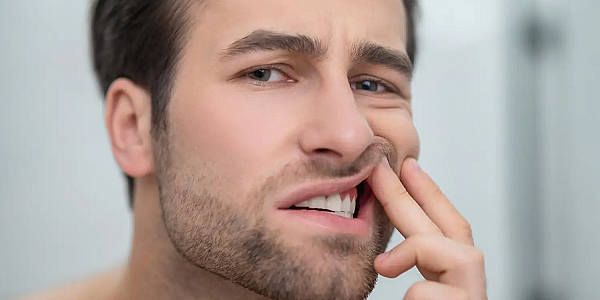

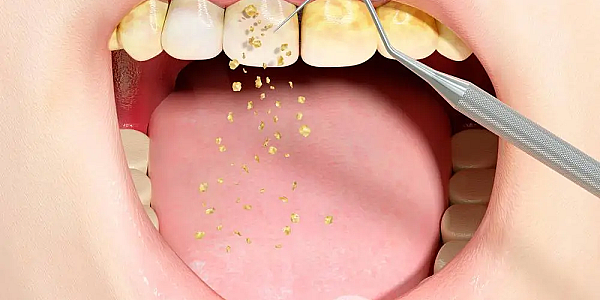
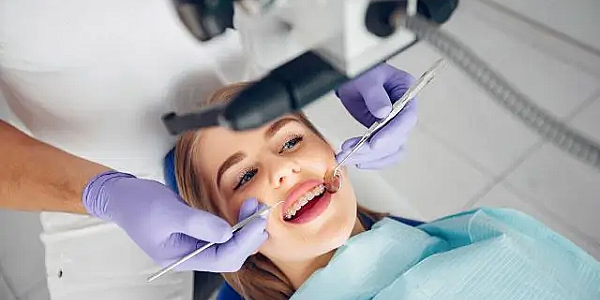
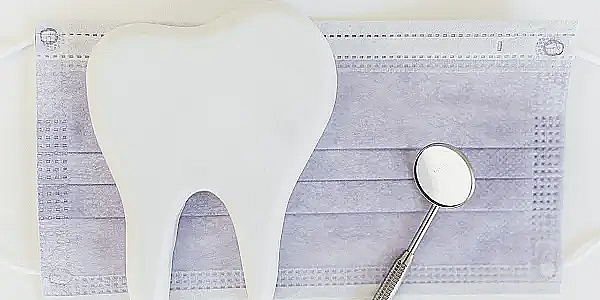
-thumb_1x.png )
